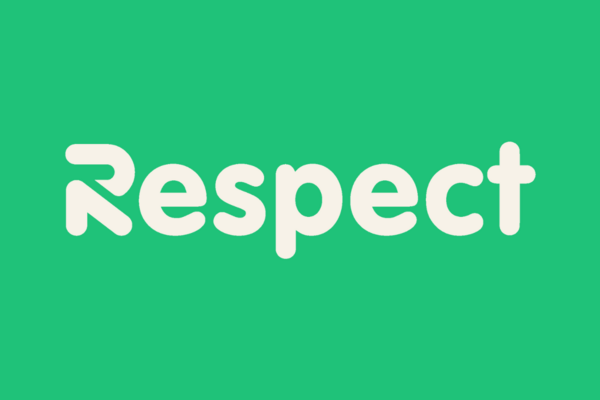A new piece of research, conducted by Durham University academics Nikki Rutter, Kirsten Hall, and Nicole Westmarland, explores the effectiveness of delivering the Respect Young People’s Programme (RYPP) online during the Covid-19 pandemic.
The aim of this research was to understand how interventions can be delivered remotely when working with young people who initiate violence, and their families. Specifically, the study focuses on 10 practitioners delivering the RYPP, Respect’s intervention for families where children or young people aged between eight and 18 are abusive or violent towards the people close to them, particularly their parents or carers.
The research reflects on the challenges and advantages of online delivery and praises the RYPP team for their flexibility in continually adapting their practice to otherwise unforeseen safeguarding and/or practical challenges.
A key finding of the study was that engaging children and young people online proved challenging: many practitioners explained that face-to-face work was their preference.
“The young people need that bit extra but sometimes you lose that over Skype or Zoom.”
Accessibility also proved a challenge to delivery. When work needs to be conducted online, all parties involved require a reliable Wi-Fi connection, something which proved a barrier for those using data on their phones, and those in rural communities.
“For some, straight away it was ‘I don't have Wi-Fi’, ‘I don't have a laptop. Can you put me on hold until lockdown's over?”
The research did, however, find some key advantages to online delivery.
For some young people, notably young people on the autistic spectrum, online delivery actually increased engagement.
“We've had some kids with ASD where this is perfect because they want to be online, this suits them, this is what they feel most comfortable doing.”
Multi-agency working also improved, as the team saw an uplift in meeting attendance by professionals, like social workers, CAMHS practitioners, education professionals, and youth offending professionals, when they moved online.
“I think professionals have come to realise… we do not need to be flying all over the place in cars to get to those meetings.”
RYPP practitioners also found they could support more families, without the pressures of travel.
“My participation increased with parents because, you know, they do not even have to come out the house”
Since restrictions have lifted, the Respect Young People’s Service has been able to resume in-person delivery of the programme but is now working flexibly to deliver the programme online according to need.





